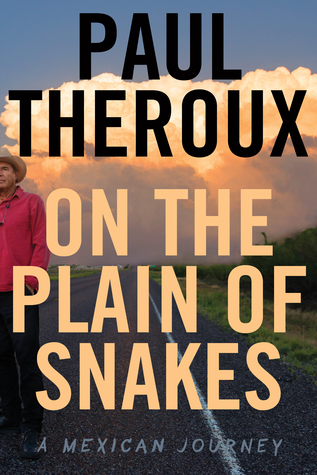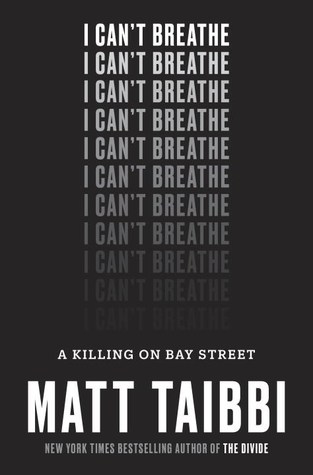“Hungry people want bread. The rich convene a panel of experts. Complexity is the refuge of the powerful.”
Desmond is the author of Evicted, the Pulitzer winning examination of urban homelessness. Desmond himself grew up poor, and his family was forced out of their home when he was a child. These things give him a different and more authoritative perspective than most urban ethnographers.
My thanks go to Net Galley and Crown Publishing for the invitation to read and review. This book will be available to the public tomorrow, March 21, 2023.
This book is written for a general readership, and it’s more readable than any other nonfiction work I’ve seen on this subject. His tone is conversational, and his research is impeccable, drawing from a wide variety of sources, well integrated and organized. He addresses the past and present roles of racism, explaining how the overtly discriminatory statutes and policies of the past have morphed into more subtly framed, yet still ubiquitous ones of today. He tells us “why there is so much poverty in America and…how to eliminate it.” He speaks to an audience of middle and upper class readers, warning that we must “…each of us, in our own way, [must become] poverty abolitionists, unwinding ourselves from our neighbors’ deprivation and refusing to live as unwitting enemies of the poor.”
In revealing the roots of American poverty, Desmond is thorough. He discusses the role played by medical costs, and the many workers that still cannot afford health care; the withering of unions, and the way that gig workers and independent contractors have replaced permanent employees; incarceration, and the debilitating effects it has, not only on the person sent away, but on their families for generations to come; the way that government assistance programs have been legally diverted to programs having nothing to do with the poor; the way that poor people are forced to pay more for the same goods and services that the better off pay. He discusses the ways that those living in poverty are cut off from political and economic opportunities. He does these things better than anyone else is doing them right now, and it makes me mad as hell, seeing millions of ruined lives all laid out so starkly.
It is when he approaches solutions that things become a little muddy. There are a few of his suggestions that I genuinely disagree with, but most of them are sound; the problem is that, despite his assurance that all of these changes can be made without much incursion into the lives of the wealthy and powerful, the chances of these people agreeing to implement such changes are somewhere between slim and none. He assures us that he is no Marxist (and that’s the truth, alas,) and that the rich can still have plenty; yet in reality, it’s clear to this reviewer that the kinds of changes that are needed are ones that working people will have to force from the tightly closed fists of the rich. This is where the fifth star falls off of my rating.
Nonetheless, Poverty by America is well worth your time and money, and I recommend it to you.









 Those that admire and stand in solidarity with the Cuban Revolution will not find any measure of satisfaction here. When I read the promotional blurb, I noticed that this account was written by a Rolling Stone Magazine journalist, and that it was written soon after President Obama opened relations between the US and Cuba. I thank Net Galley for permitting me to read a review copy free of charge, but that cannot diminish my disappointment and irritation (thus one star) at the patronizing, reactionary vantage from which Symmes writes.
Those that admire and stand in solidarity with the Cuban Revolution will not find any measure of satisfaction here. When I read the promotional blurb, I noticed that this account was written by a Rolling Stone Magazine journalist, and that it was written soon after President Obama opened relations between the US and Cuba. I thank Net Galley for permitting me to read a review copy free of charge, but that cannot diminish my disappointment and irritation (thus one star) at the patronizing, reactionary vantage from which Symmes writes.